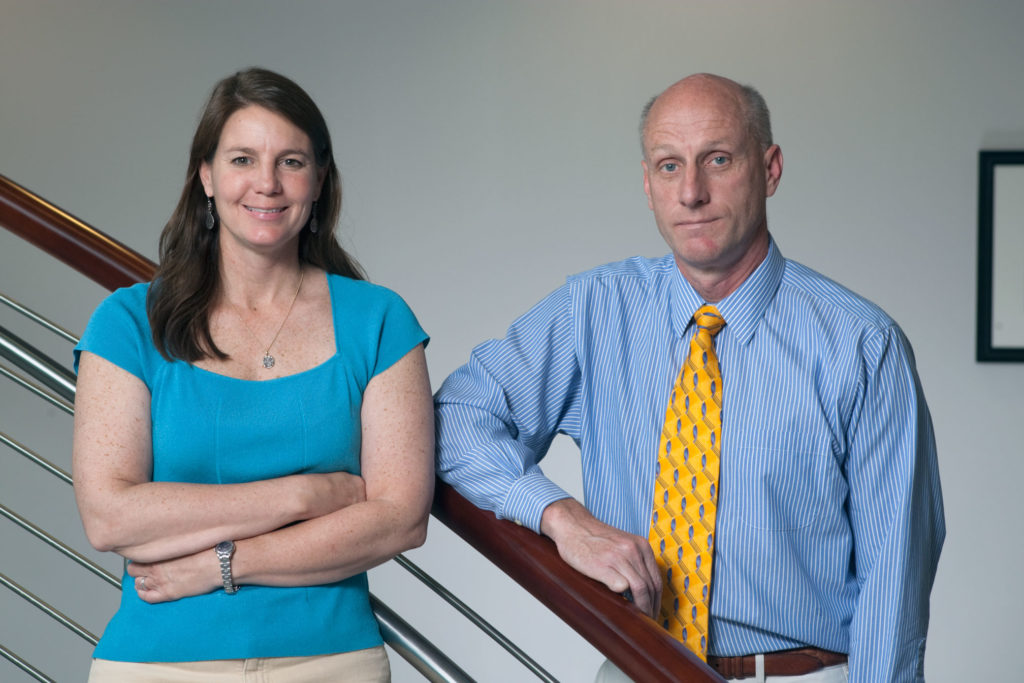The face of research at UGA has changed in recent years: It’s become increasingly human.
“Translational research, from bench to bedside, and clinical research, from bedside to community practice, has doubled at UGA over the last 10 years,” said Dr. Steve Budsberg, who directs the new Clinical and Translational Research Office. “Now many researchers across UGA conduct research involving humans. And they have a different set of concerns.”
At one time, UGA clinical research was dominated by veterinary clinicians conducting animal studies, said Budsberg, who as director of the Clinical Research Committee and Clinical Research Office in the College of Veterinary Medicine, reviews all veterinary research protocols.
Regina Smith, associate vice president for research and director of the Office for Sponsored Programs, said that over the past two decades, UGA, like many other universities with strong biomedical research programs, “has seen the demand for such services grow on our own campus as faculty have become more involved in clinical or patient-oriented endeavors.
“With the Georgia Health Sciences University/UGA Medical Partnership now a reality, and our collaborations with local physicians and hospitals growing, Vice President for Research David Lee believed it was time we created an office here,” she said.
The new unit provides services to UGA researchers, guiding them through the special administrative, regulatory and logistical processes unique to clinical research—from finding specialized funding to designing studies, working through compliance office approvals, submitting proposals and managing research projects.
“Connecting researchers with the right information and resources is our No. 1 objective,” said Budsberg. “We provide one person to call and answer questions within 24 hours.”
That person is Lisa Reno, who has worked with veterinary medicine’s clinical research office for seven years and also performs the service for CTRO. She’s the one who fields calls and emails from clinical researchers.
CTRO’s goals also reflect national- level efforts, including at the National Institutes of Health, which recently established the National Center for Advancing Translational Sciences to expedite research on diagnostics and therapeutics across a range of human diseases and conditions.
A team of advisers provides what Budsberg called “a 24-hour consultant service” to back up him and Reno at the CTRO. Advisers from the offices of Sponsored Programs, Animal Care and Use and Human Subjects in the Office of the Vice President for Research; the colleges of veterinary medicine, public health and pharmacy; and the Georgia Health Sciences University all respond to queries. The partners also provide input on how the service can best meet evolving researcher needs, such as how they might share clinical personnel and how to meet university and regulatory requirements.
The “human face” on UGA research is anticipated to grow as the university evolves its health and medical mission, according to Smith.
“We envision this office expanding the range of services it provides over the years as needs demand,” she said.
